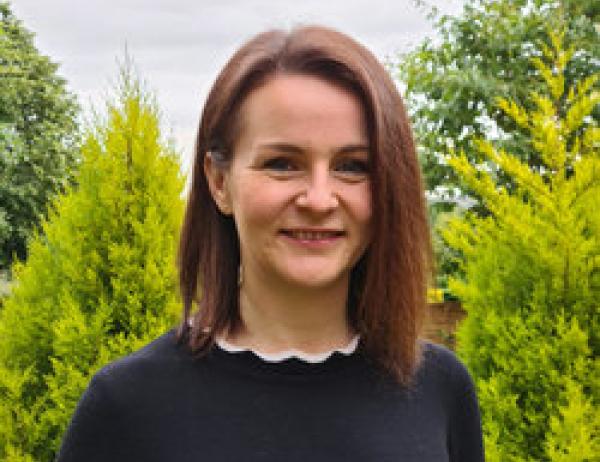Harnessing Our Power
Written by Emma Bridge

This month sees communities across the country come together to mark Community Energy Fortnight. In normal times, I would have been travelling around the country visiting projects, taking part in open days and meeting with people to talk about how energy has been transforming their communities. But we are living in far from normal times.
Over the last few months, we have all had to face being isolated from friends and family due to covid-19 and seeing the truly devasting impact that the virus has had on many people’s lives and livelihoods. We have had to adjust the way we work and to balance our home and work lives in a way that was previously unimaginable.
And of course, this isn’t the only global emergency facing us. Climate change is still happening and we need to take urgent action. In the UK, there has been impressive leadership on tackling climate change, but we still have the fifth largest cumulative CO2 emissions in the world. Renewable energy obviously has a key role to play both in tackling climate change and as an economically effective way of helping to build resilience post covid-19. But how do we ensure that this is done in a just and inclusive way?
Racial and environmental injustice are intrinsically linked, indeed we cannot have climate justice without racial justice. Scientific data shows that both covid-19 and climate change are more likely to negatively impact on black and minority ethnic and more deprived communities.
We must ensure that any post-pandemic recovery package ensures both a just and green recovery. Without this, we are only addressing the symptoms and not the causes.
This year’s Community Energy Fortnight theme is exploring how to #HarnessOurPower, in order to grow our resilience during this crisis and to build back better. During the Fortnight, we have seen the private, public and community sectors come together to share mutual support, learning and ideas for how to evolve as a sector.
The Committee on Climate Change’s Net Zero Report states, “It will not be possible to get close to meeting a net-zero target without engaging with people”. Community energy is key to this engagement.
Community energy organisations are created and run by local people who understand the needs of their community and are trusted by the community to advise, engage and offer new opportunities. With the right support mechanisms, community energy can be a powerful tool to help us move towards climate justice.
Our vision is for an energy system with people at its heart, not only as consumers, but also crucially as active participants in and beneficiaries of a more decentralised, distributed and democratised energy system.
With the impacts of Covid-19, the community energy sector is likely to see fewer low carbon projects deployed in 2020. But the sector has responded quickly to identify alternative ways to support their communities, such as by setting up advice lines to tackle energy and poverty issues, supporting food banks, mental health services and other services through their community benefit funds, and working with community enterprises from other sectors to help them to become more robust and able to adapt to local need.
This response to the crisis demonstrates the vital role community organisations play in supporting and delivering critical local services and maintaining community cohesion. They also hold the key to building back better, local resilience and increased energy justice as well as to achieving the net-zero transition.
With the right backing and suitable support mechanisms , community energy organisations can harness the immense passion, ingenuity and commitment of their employees and volunteers, engage their communities, accelerate the net-zero energy transition to benefit communities and local people and realise our shared 2030 Vision.
Indeed, according to WPI Economics by 2030 community energy could be powering the equivalent of 2.2 million homes (the population of West Yorkshire) by contributing 5,270 MW to the energy system, supporting 8,700 jobs, saving 2.5 million tonnes of CO2 emissions and adding over £1.8 billion to the economy each year.
But right now, we need action. National and regional policy and regulation will be essential in achieving a green and just recovery. But it will need all of us; politicians, national and regional bodies, communities and businesses, to pull together. We all need to revisit our business models to ensure that our energy system and our practices transform communities. It is only by working together, asking the tough questions and being willing to deliver systemic change, that we can build a truly just and inclusive energy system that has the power to transform communities and address the climate, ecological and societal crises that we are facing.
Emma Bridge is the Chief Executive of Community Energy England.
